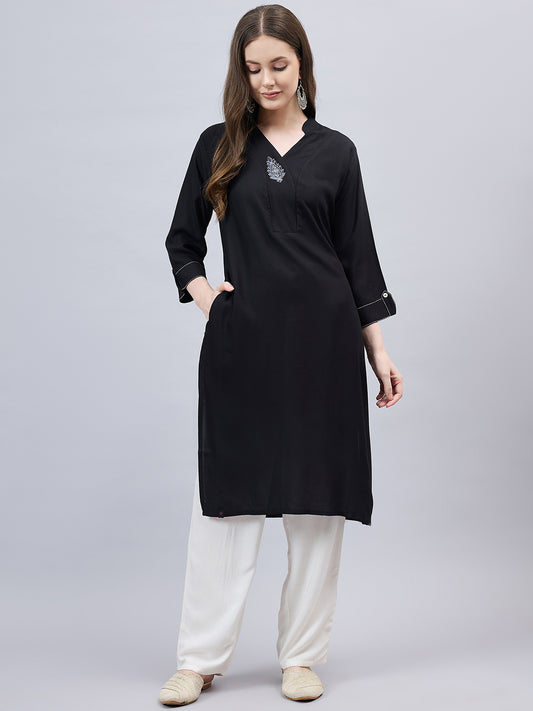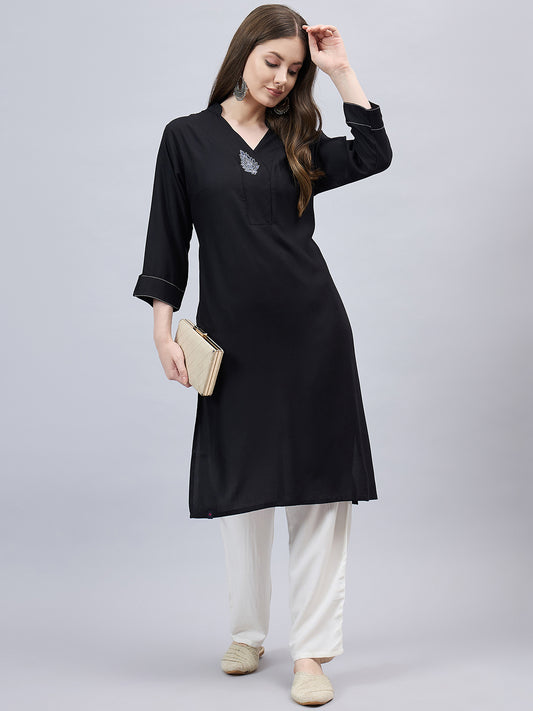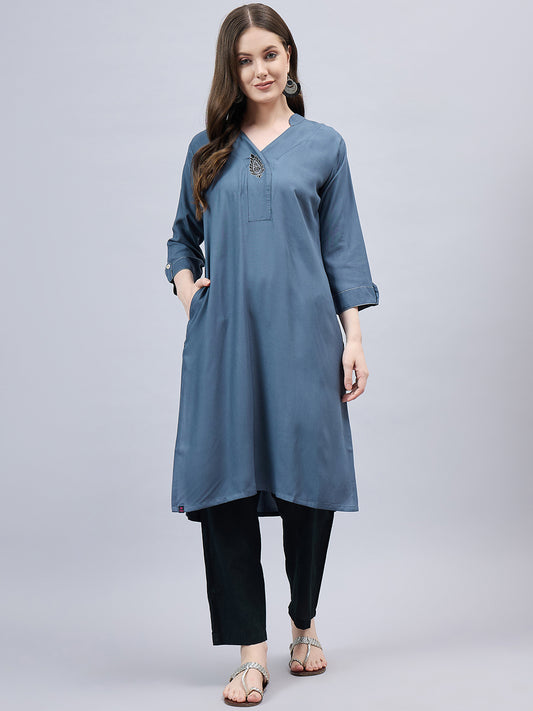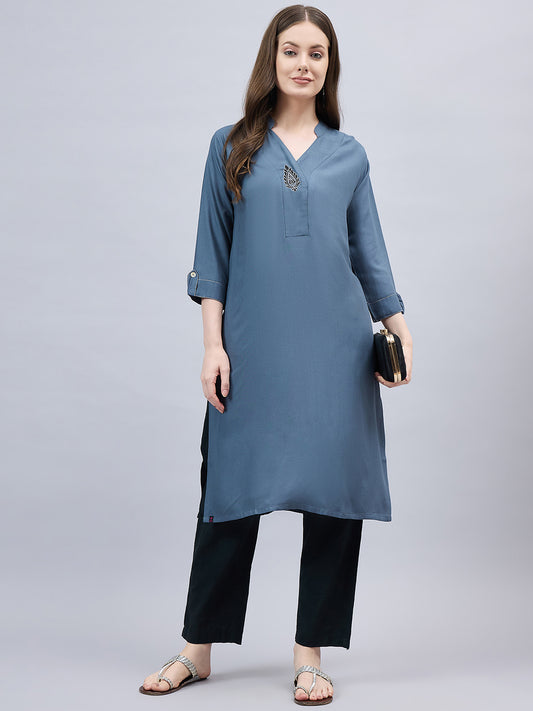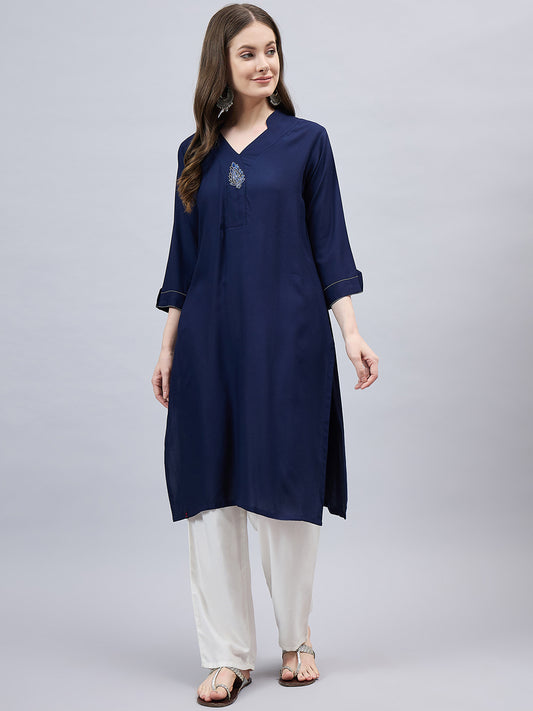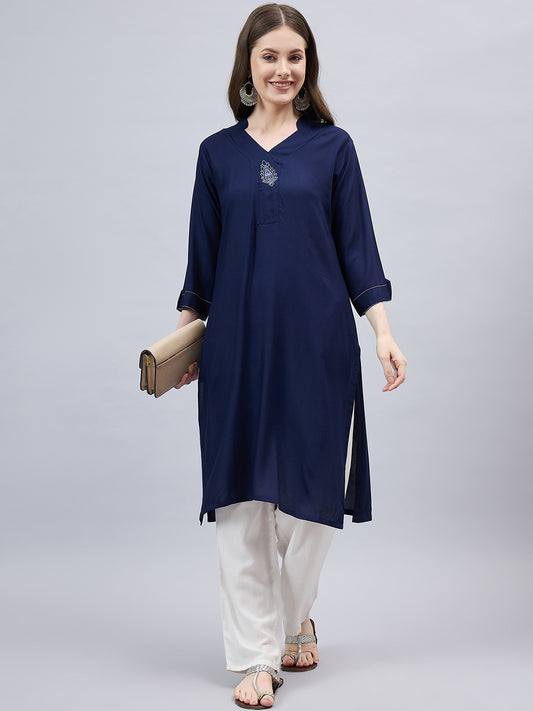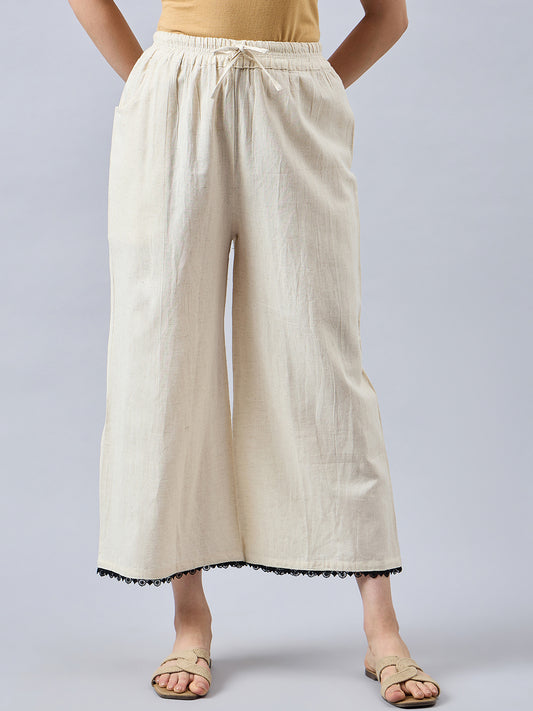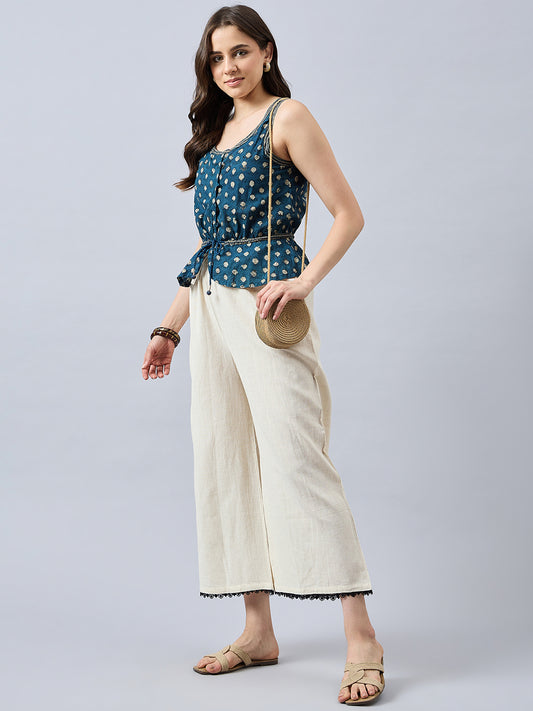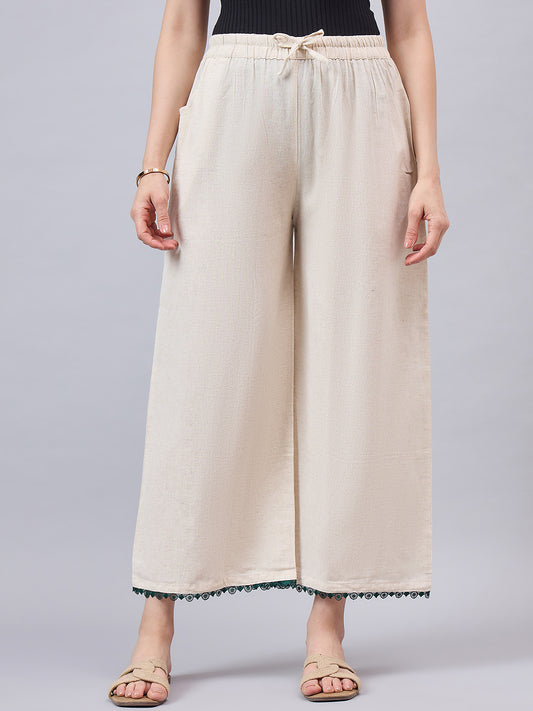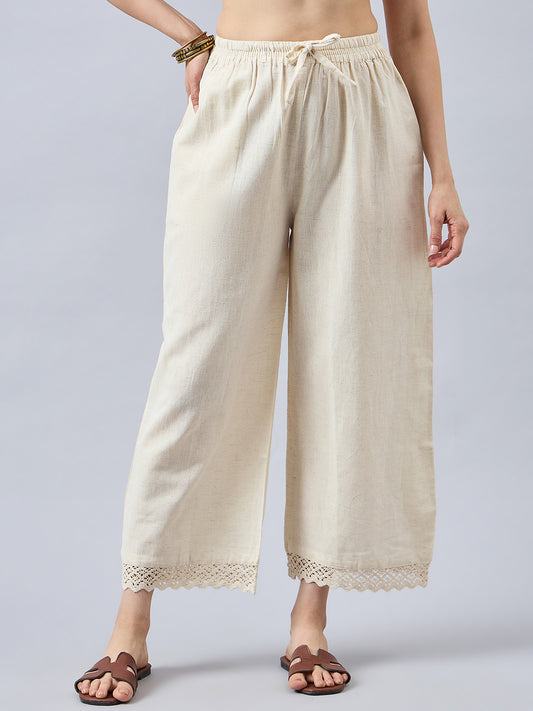Have you ever wondered why your beautiful and expensive festive silk saree and suits look diminished after a normal wash?
That’s probably because you’ve not been treating your fabric with the right kind of laundry treatment. Here’s what you need to know about dry cleaning, the fabric-friendly laundry method.
What is dry cleaning?
Dry cleaning is a professional laundry process used for delicate fabrics and garments, employing a liquid solvent (like perchloroethylene) that is not water. That’s why it is called ‘dry’ cleaning. The main idea is cleaning without the use of water. This is crucial for delicate fabrics and some synthetics that can be damaged, shrink, or lose their shape when exposed to water and conventional washing.

How is dry cleaning done?
Garments are first inspected and pretreated for stains. Then, they're loaded into a front-loading washing machine that soaks them in a chemical solvent (e.g., perchloroethylene or eco-friendly alternatives). The solvent dissolves dirt and oils. After cleaning, the solvent is extracted, filtered, and reused. Finally, clothes are dried, spot-treated if needed, and professionally pressed to restore their pristine condition.

And now you’ve been questioning why you should dry clean your garments?
Many fabrics are simply not designed to withstand the harshness of a conventional washing machine, which results in shrinkage, stretching, colour fading, and bleeding. Damage to embellishments like beads, sequins, lace, and delicate embroidery.
Stain removal
Dry cleaning solvents are particularly effective at dissolving oil-based stains (grease, oil, makeup, ink, wax) that are difficult, if not impossible, to remove with water-based washing.

Preserves Garment Structure and Shape
Many structured garments, like suits and blazers, might lose their shape after a regular wash.

Extends Garment Lifespan
This gentle cleaning process can significantly prolong the life of your clothes, especially higher-value or special occasion items.

Odor Removal
Dry cleaning is effective at neutralizing and removing stubborn odors like smoke, perspiration, or perfume that might not fully dissipate with regular washing.

Conclusion
And the final part is knowing what fabrics you should dry clean and what you should not
Fabrics that should be dry-cleaned:
Silk, wool, rayon/viscose, velvet, linen, leather, suede, and furs

Fabrics that should not be dry-cleaned:
Polyester, nylon, acrylic, spandex/Lycra, cotton, and denim.


